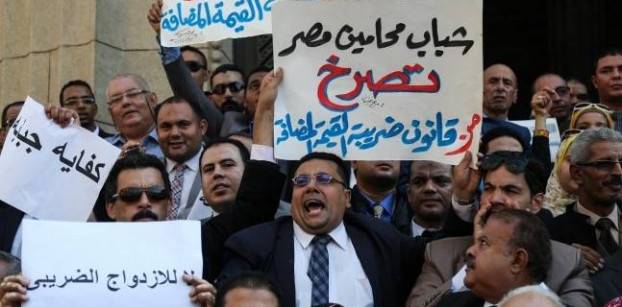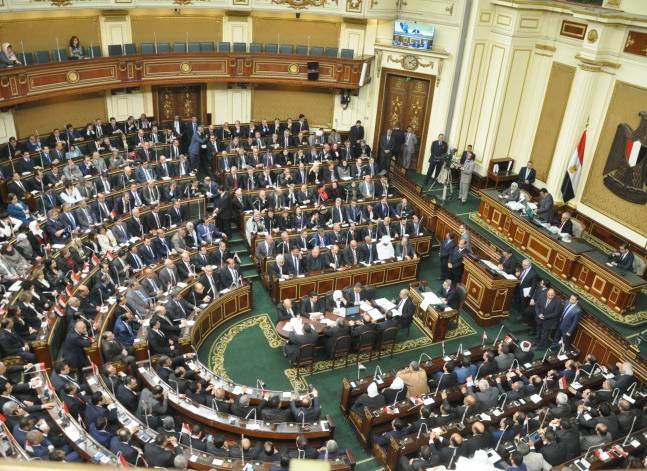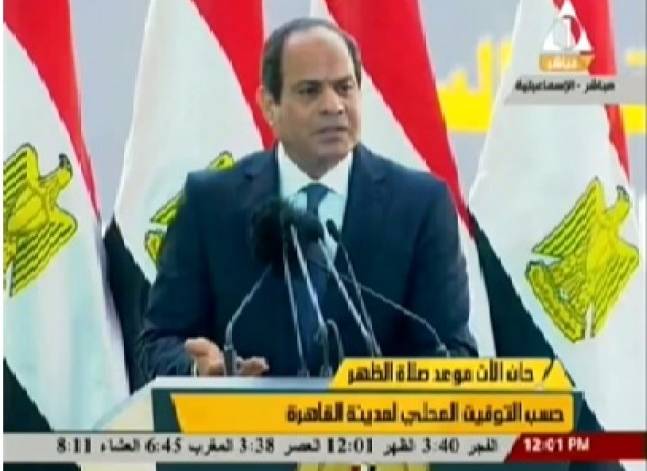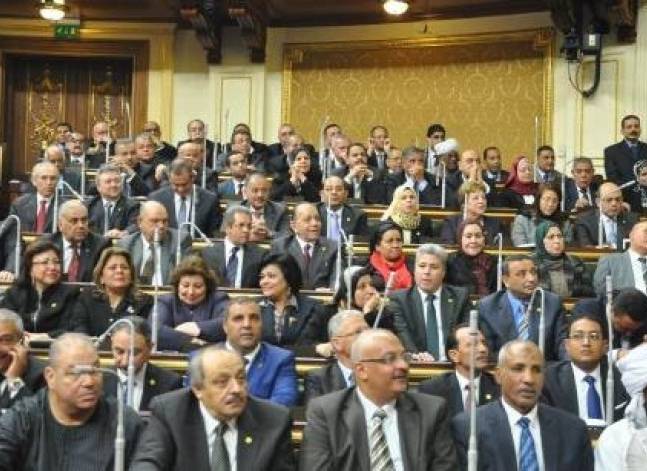Latest NEWS
- Aswat Masriya, the last word
- Roundup of Egypt's press headlines on March 15, 2017
- Roundup of Egypt's press headlines on March 14, 2017
- Former Egyptian President Hosni Mubarak to be released: lawyer
- Roundup of Egypt's press headlines on March 13, 2017
- Egypt's capital set to grow by half a million in 2017
- Egypt's wheat reserves to double with start of harvest -supply min
- Roundup of Egypt's press headlines on March 12, 2017
Dozens of lawyers gather in demonstration against VAT law
A demonstration in front of Egypt's High Court against the Value-added Tax law on Oct.1, 2016. ASWATMASRIYA/Mohamed el-Raai
CAIRO, Oct 1 (Aswat Masriya) - Dozens of lawyers gathered on Saturday in a demonstration in front of Egypt's High Court in protest against the recently-passed value-added tax (VAT) law.
Head of the lawyer's syndicate Sameh Ashour said in a statement on Tuesday that the syndicate "rejects" the law as it "violates technical, scientific and legal standards applied in all countries".
Ashour said that while the law did not articulate any obligation on practitioners of liberal professions, which include lawyers, it still did not define the term "professional and consulting services".
Syndicate member Mohamed Othman told Aswat Masriya that though the legal profession falls under "liberal professions", as per Article 198 of the constitution, the VAT law obligates lawyers to register themselves in tax offices to be subject to the VAT .
Othman added that "lawyers are already subject to a number of taxes including the tax imposed on liberal professions."
It is not yet clear whether the VAT will cancel the other taxes imposed on lawyers, as the bylaws stipulated by the Ministry of Finance are yet to be released.
Othman, however, believes the imposition of VAT on lawyers will "harden" their situation especially that the practice is not-for-profit as "it contributes to the achievement of justice".
Egypt's House of Representatives approved the VAT law late August with the VAT rate set at 13 per cent for fiscal year 2016-17. The rate will increase to 14 per cent next year.
The VAT law has been effective since early September, a few days after it was published in the official gazette.
The VAT is expected to replace the current sales tax and broaden the tax base by subjecting all services to the tax while maintaining the principle of exempting basic goods and services that affect the poor, according to a cabinet statement in May.
It is part of the government's reform programme, which includes cuts to expensive energy subsidies and the introduction of other new tax measures, in an attempt to cut spending and meet conditions for a three-year $12 billion loan programme from the International Monetary Fund (IMF).
The loan is still subject to the final approval of the IMF executive committee.














